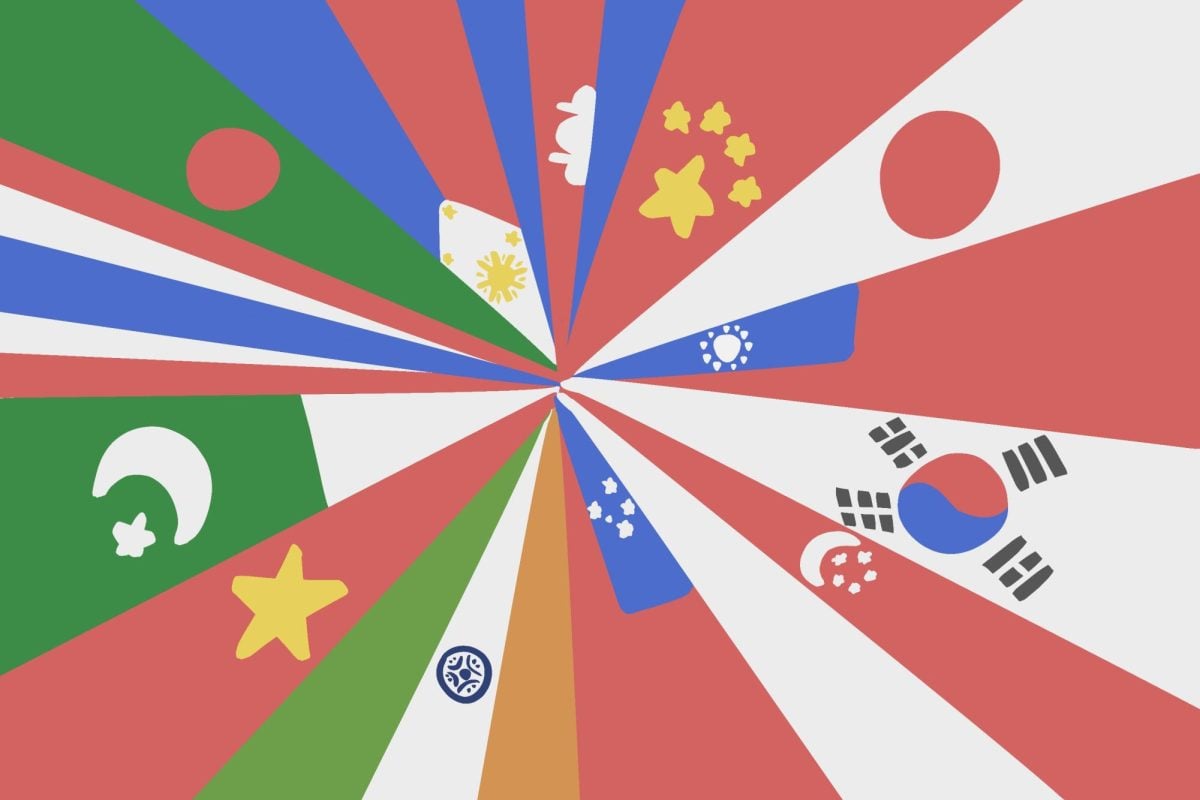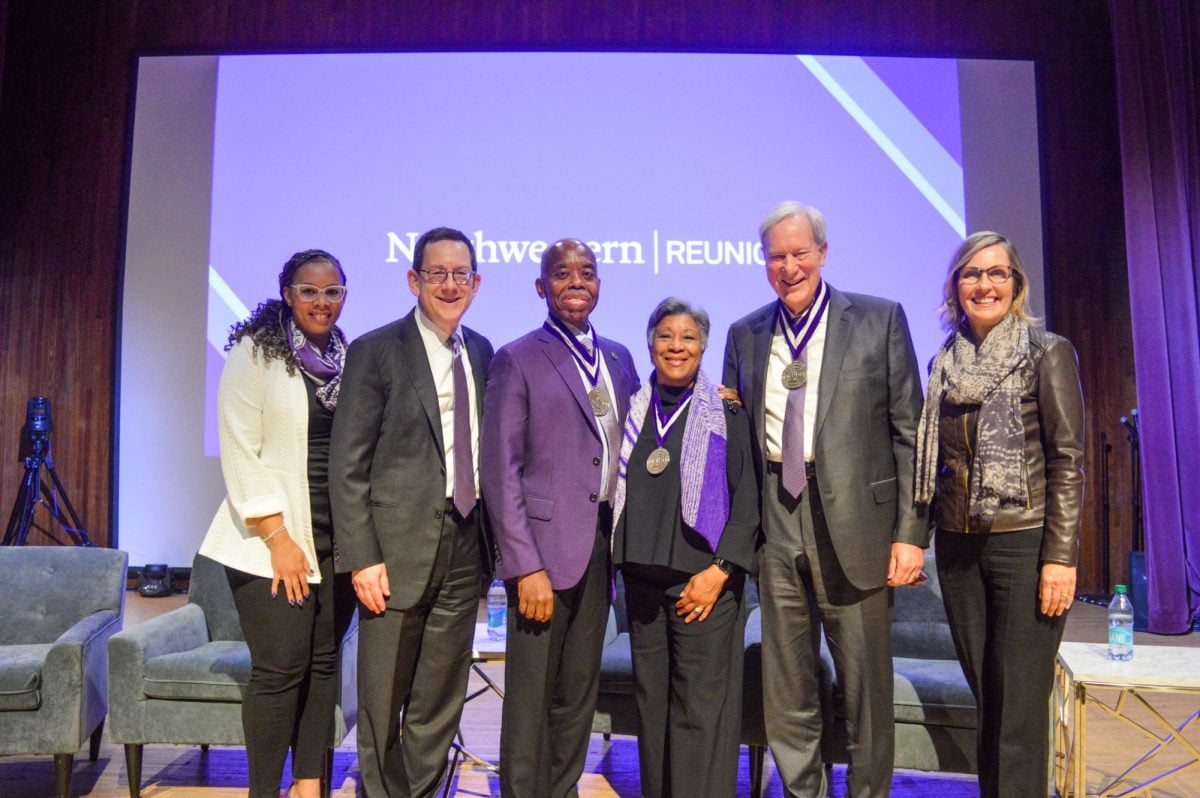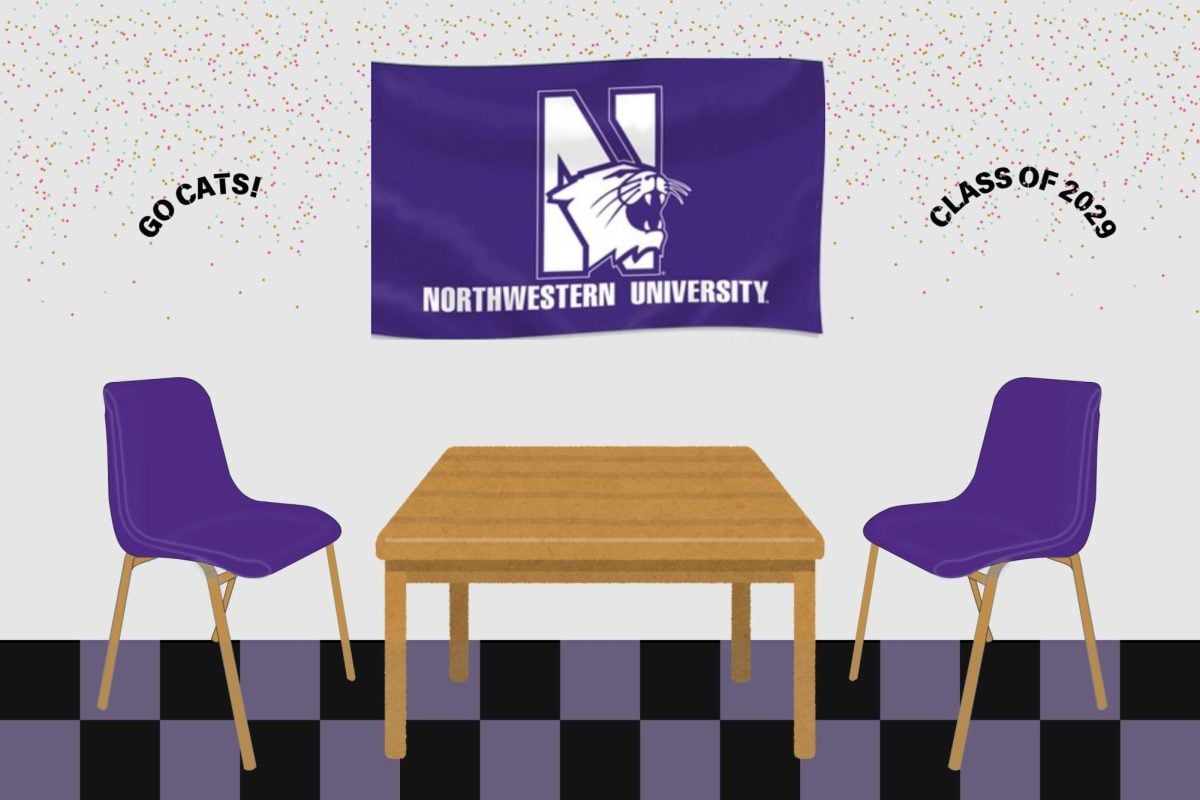This year, The Alumnae Association of Northwestern University will give its Outstanding Woman’s Alumnae Award to journalist Bonnie M. Anderson.
The award, created in 1976, is given each year to a female NU graduate who has had major success in her career.
Anderson, who graduated in 1977, has worked in print, radio, internet and television journalism in English and Spanish. She has won seven Emmy awards and was a finalist for the Pulitzer Prize.
Among her many accomplishments, Anderson was an international correspondent for NBC News, where she reported on the Middle East, Africa and Latin America. She was also the managing editor of the CNN en Espanol network.
According to Janet Bilandic, the association’s president, Anderson’s breadth of experience resonated with the association’s 60-member board of directors.
“She just has a very fascinating career,” Bilandic said. “Her life story is very interesting.”
Although she was born in Cuba, Anderson said her interest in journalism was triggered when she lived in Bogota, Columbia, at the age of nine. Every night, she said, her stepfather brought home the international edition of The Miami Herald.
“For some reason, I couldn’t wait for him to come home so I could read this paper,” Anderson said. “I realized that the people recording these events were doing amazing things.”
In high school, Anderson took journalism courses via mail through the University of Nebraska. After graduating from NU, she worked at Florida newspapers, including The Miami Herald, and gradually moved into television.
Anderson said she saw this transition as necessary in order to become a foreign correspondent. At newspapers, she said, she would have had to surpass hundreds of other reporters, some of which were in senior ranks.
“It was a way for me to do the kind of reporting I wanted to do,” she said. “What interested me was telling stories, reporting the truth on events happening around the world. I wanted to shine light on darkness.”
She added one of her higher profile stories resulted in the U.S. government giving aid and food directly to Ethiopia’s citizens in 1984 in times of war. During this period, a famine swept through the general population in Ethiopia. Before Anderson’s article, the U.S. gave aid to the Ethiopian government, which would use it for its own gains, she said.
“I helped save a country,” she said. “I helped save hundreds of thousands of lives.”
Currently, Anderson teaches journalism to graduate students in Brazil. She says her foremost lesson to students is the importance of ethics.
“We’re not about business, we’re about the truth,” she said. “Journalism is pure, it is real, it is what holds a democracy together. Without pure journalism, there is no pure democracy.”






